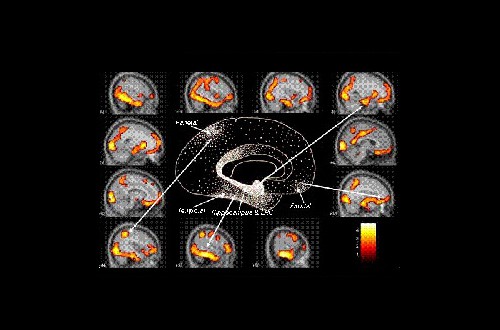
TauRx Pharmaceuticals has received $111.8m from Malaysian investment firm Genting Berhard to support a phase III trial programme investigating its potential Alzheimer’s disease treatment LMTX.
Singapore-based biotech TauRx said it has already received $31.5m, with the rest of the capital expected before the end of 2012.
In return, Genting Management (Singapore), a division of Genting Berhard, will take a 20 per cent stake in the company.
LMTX, the investigational compound at the heart of the funding, is a tau aggregation inhibitor (TAI) that targets tangles of tau – a protein that damages nerve cells in the brain and has been associated with the development of Alzheimer’s disease.
Interest in blocking the spread of tau as a way to treat Alzheimer’s disease has been growing among pharma companies, especially since trials involving drugs to tackle amyloid – the previous most likely target – have failed to achieve significant success in delaying the progression of the condition.
A number of big pharma companies have their own tau-targeted products in development, including Bristol-Myers Squibb, whose BMS-241027 is currently in phase I trials.
TauRX’s LMTX has already completed phase II development, however, where it managed to achieve a 90 per cent in the rate of disease progression over two years.
US enrolment has already started for phase III trials, with the first study scheduled to involve 833 people with mild to moderate Alzheimer’s disease over 12 months, while a second study will include 500 people with mild Alzheimer’s disease over 18 months.
These will aim to confirm the benefits of LMTX in reducing progression of Alzheimer’s disease. Meanwhile, a third smaller study will aim to confirm treatment benefit in frontotemporal dementia, a degeneration of the frontal lobe of the brain, in 180 participants over 12 months.
“These landmark studies could provide the first definitive data on a tau-based approach to disease-modifying and preventive treatment of Alzheimer’s and frontotemporal dementia, with no tau-based alternatives generating such data for at least the next 5-7 years,” said Professor Claude Wischik, executive chair and co-founder of TauRx.




